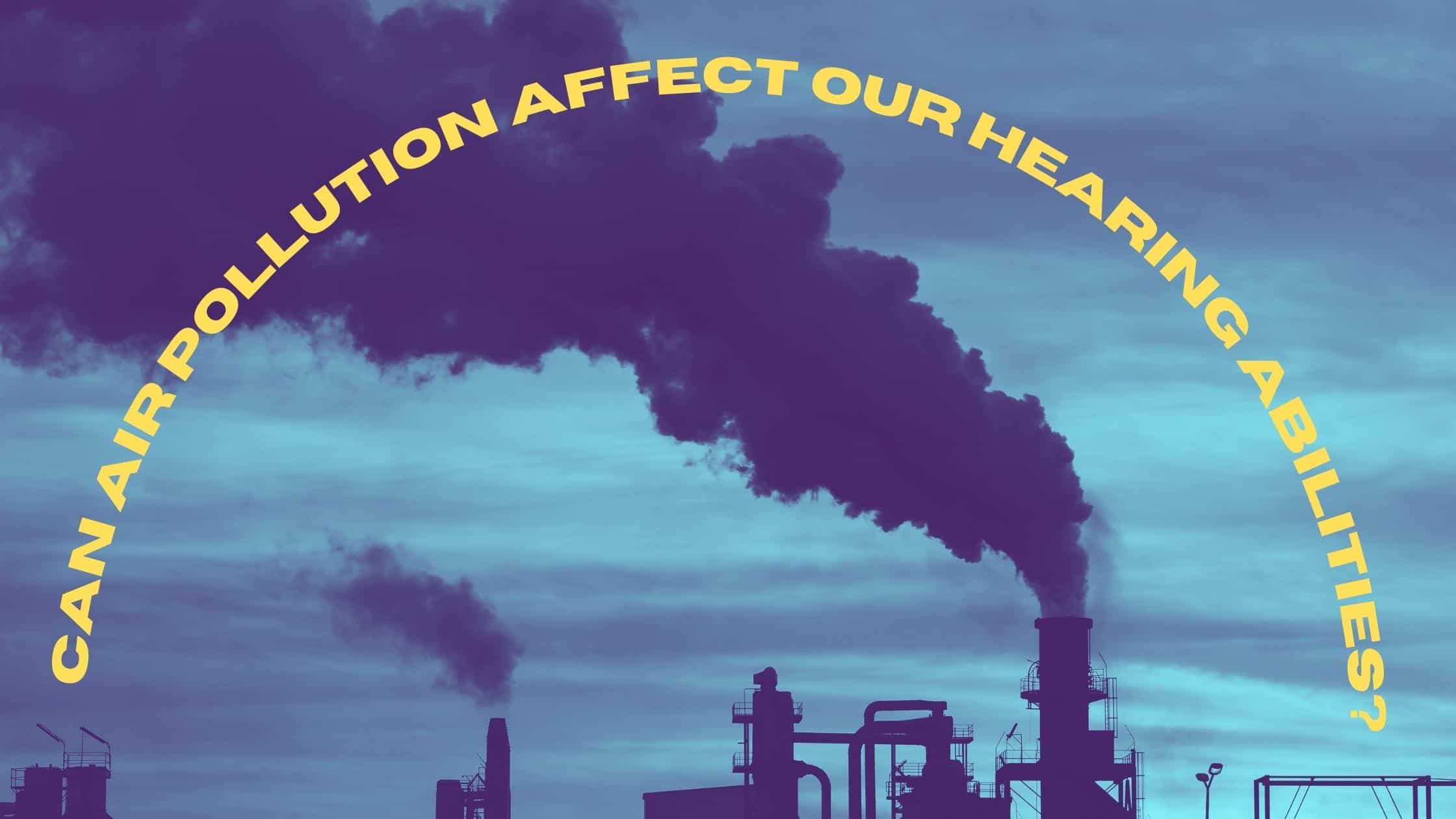
There are several causes of hearing damage. Most people know that loud noise can damage your hearing, but did you know that your environment may be another serious factor? A 2020 study examined the effect of those in area with high levels of air pollution and charted rates of hearing loss.
A 2020 Study on Air Pollution
Air quality is a measure of how clean or polluted the air is. Monitoring air quality is important because polluted air can be bad for our health—including our hearing. A 2020 study from Taiwan published in the International Journal of Environmental Research and Public Health examined poor air qualities effects on hearing. The researchers analyzed data from 74 ambient air quality monitoring stations across Taiwan and recorded annual concentrations of carbon monoxide and nitrogen dioxide in the air. The researchers used this data to determine air pollution across the country on a scale of high, mid, or low levels of air pollution. They then compared these regions with instances of hearing loss from a national 20-year health survey of over 75,500.
Air Pollution a Significant Cause of Hearing Loss
The researchers expected to find a correspondence between regions with poor air quality and higher rates of hearing loss and they were not incorrect. They found that in areas with high air pollution, rates of hearing loss were significantly higher than in areas with low air pollution. Similarly, in areas which were determined to have moderate levels of air pollution, there were higher rates of people who suffered from moderate hearing loss.
Regions with higher levels of nitrogen dioxide air pollution were 1.63 times more likely to have hearing loss than those in who lived in areas with better air quality. Similarly, those who lived in regions with high carbon monoxide had a 1.45 greater risk of hearing loss than those with better air quality.
Why Does Air Pollution Affect Hearing?
While the researchers of the study do not have confirmed correlations in hearing impairment and air quality, they certainly have reasonable theories. The hearing loss prominent in areas with poor air quality was sensorineural in nature. Sensorineural hearing loss occurs when tiny hair-like cells of the inner ear are damaged, preventing the delivery of audio information to the brain and causing permanent hearing loss.
Ototoxic Chemicals
One major cause of hearing loss are ototoxic chemicals. Ototoxic chemicals are chemicals which damage the cells of the inner ear and come in the form of medications, chemical fumes and yes – air pollution. It is believed that oxygen deprivation, due to air pollutants can deprive the inner ear cells of the oxygen they need to transmit adequate audio information.
Air Pollution and Higher Rate of Infection
Another major risk factor to your hearing are ear infections. It is believed that poor air quality can lead to higher rates of ear infections, which can damage the inner ear. In fact, a 2018 review of recent literature found that air pollution, particularly nitrogen dioxide pollution was found to cause higher rates of ear infections in children. While most ear infections clear up on with the use of antibiotics, if ignored or undiagnosed they can cause permanent hearing damage.
Cleaner Air, Better Hearing
The researcher hoped to explore the connection between air pollution and hearing loss as a wakeup call to people worldwide. By identifying the risk of air pollution to the health of hearing for entire communities, they hope more people will understand the grave risk to the health of the entire world. Reducing air pollution not only in wealthy countries but poor countries as well is the first step in protecting the hearing health of the entire world. Advocate for policies in your community and worldwide to promote clean air and reduce emissions. This can protect millions, and maybe even you and your loved ones from the devastating effects of sensorineural hearing loss.
Treating Hearing Loss
If you suspect you have hearing loss, it is important to take it seriously. All too often people live for years, suspecting they have a hearing problem and not knowing for sure. In the meantime, communication issues build up, creating rifts in most cherished relationships, reducing mobility, and even increasing the risk of cognitive decline and dementia. The alternative is easy. Schedule a hearing test. If a hearing loss is detected, we can help you find the best treatment for your particular hearing needs.
